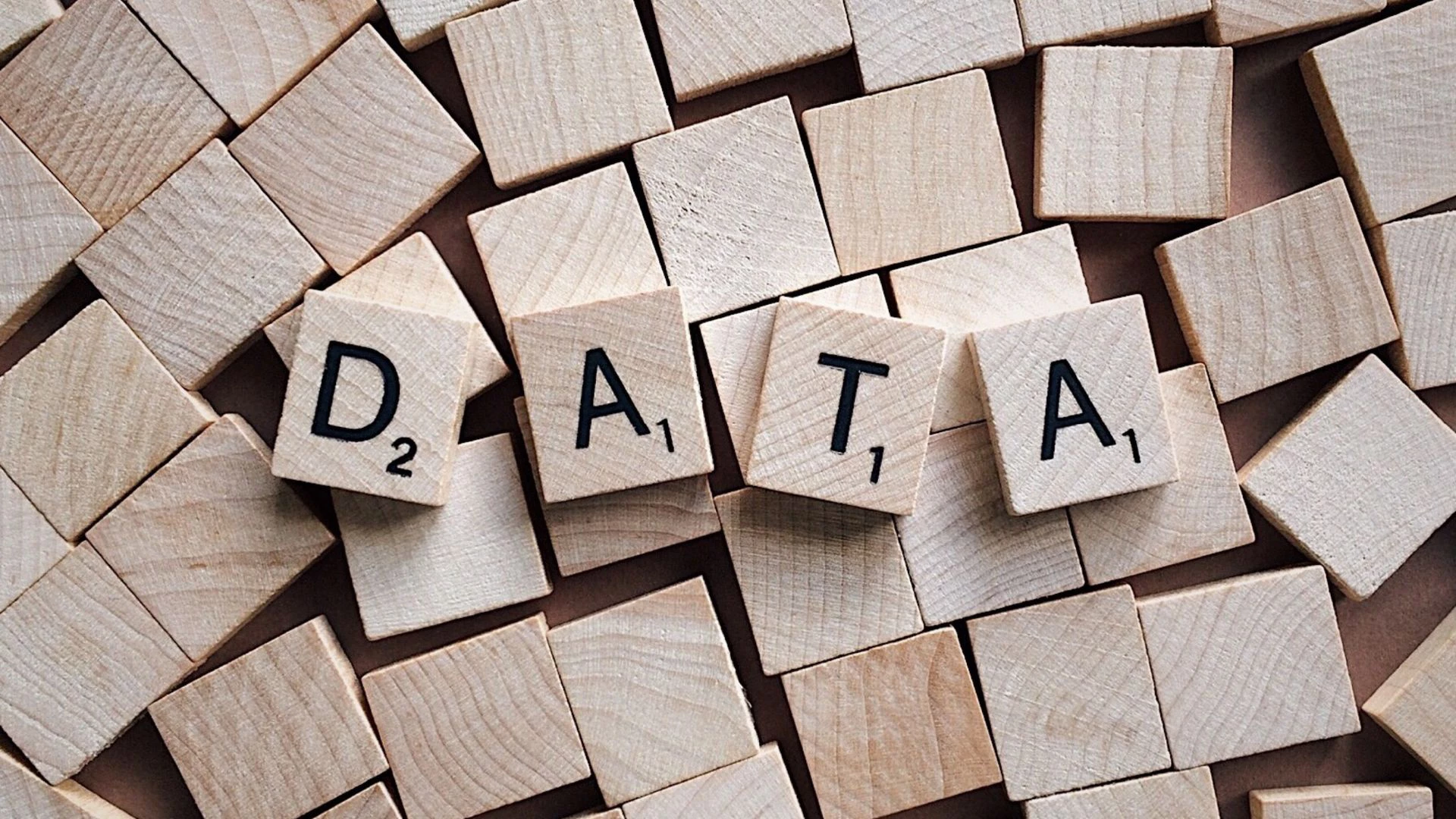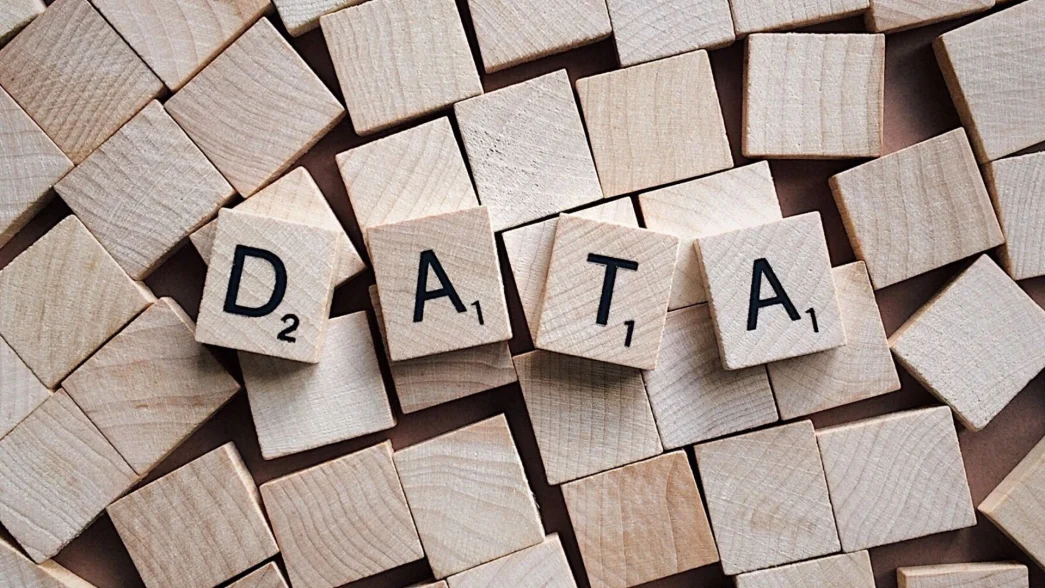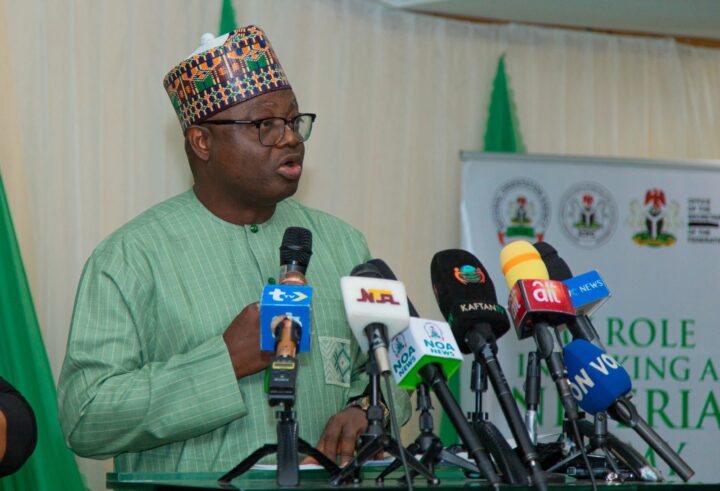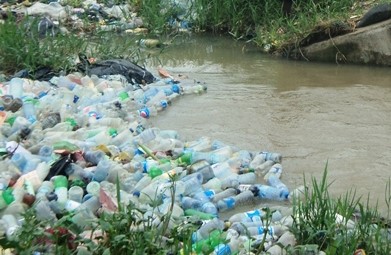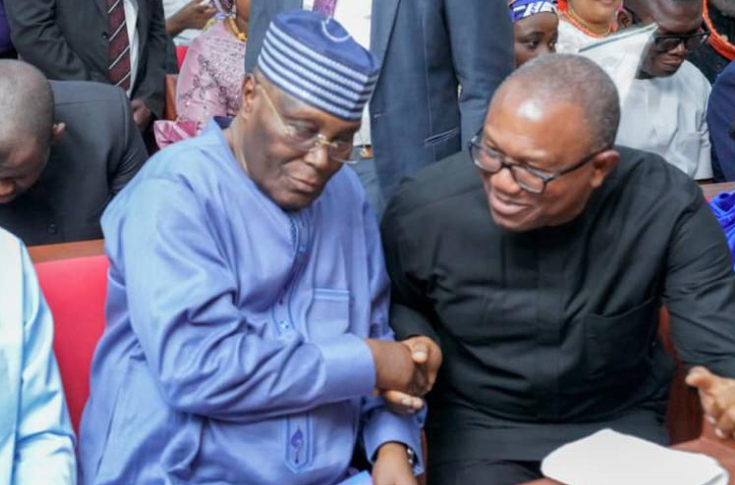BY DAVID AKPAN
It may interest you to know that the community leaders in our village, the caregiver in a remote hamlet, and the primary healthcare providers serving in our primary healthcare facility are all essential to the success of achieving universal health coverage with digital health at the central connecting point. The same goes for government actors and stakeholders across every level of the public health system, making valuable inputs in creating the enabling environment to improve local coordinated efforts to deliver easy-to-access integrated health care. The possibility lies in building a connected community where everyone is not left behind. This confirms the power of the digital data system.
Remember the days of the COVID-19 pandemic, when healthcare systems across the globe were stretched to their limits? During that period, there was an urgent and coordinated effort to test individuals exposed to the virus, contain its spread, and provide timely care. In Nigeria, the National Centre for Disease Control (NCDC) and the Federal Ministry of Health played pivotal roles, delivering daily updates on the prevalence of the virus across various states. At this moment, communities were connected, enforced and energised to respond to one health need. This confirms that a connected community is possible, and the target to achieve UHC relies squarely on this.
We have seen where pilot data-driven innovations significantly informed by the deployment of digital solutions for contact tracing, testing coordination, and public awareness campaigns has significantly connected communities to demanding for health services Critically, the success of these efforts hinged on the mutual cooperation of communities, individuals, patients, and development partners, demonstrating the power of collective action enabled by transparent and accessible data.
Advertisement
We are moving from the days when innovators relied on general assumptions about community needs and expectations based on mere observations of behaviour. Today, successful innovation requires in-depth engagement with key stakeholders to gather accurate and timely information. Interestingly, data sharing swings both ways between the underserved communities and development partners.
Before diving into the development of digital health solutions, data provides important insights into trends, patterns, and critical concerns that need to be addressed. Therefore, local investment, both in terms of time, financing, and data accountability, remains crucial to ensuring that development partners and governments at various levels prioritise meaningful resource allocation. Thus, investing time and resources in gathering meaningful local data lays the foundation for more effective, inclusive, and sustainable digital health solutions.
Beyond the numbers, connecting communities through accurate and timely data stems largely from creating mutual relationships between the communities, its people and the information they can make meaning from.
Advertisement
It is, however, important to mention that while data offer tremendous potential to create value by improving programs and policies, the misuse of it can lead to abuse, which can harm citizens. Data is a resource that can be used and reused repeatedly to create more and more value, but the more data is misused, the higher the risk of misinterpretation.
As mentioned in a 2021 World Bank report, the deployment of data systems is growing at an unprecedented rate and is becoming an integral part of daily life for people around the world. However, there are critical questions we must ask: how can millions of people living in extreme poverty and poor health conditions make sense of and connect to this ubiquitous data? More importantly, how can communities understand and harness the use of data to improve their lives? As we pursue these goals, we must also ensure that low- and middle-income countries are not left behind, which would only widen the gap between those who benefit from this new data-driven world and those who do not.
In this vein, the localisation and visibility of data increases the likelihood of communities connecting and relating with each other while understanding what binds them together. To achieve this, digital literacy gaps must be bridged via direct engagement of community gatekeepers, community-based organisations and other stakeholders within the community.
That’s why the 2025 Insights Learning Forum comes at such a critical and opportune moment. With the theme “Local Investment for Connected Communities: The Power of Digital Health Networks in Public Health Transformation,” this year’s Forum will serve as a vibrant platform for dialogue, collaboration, and strategic action. Taking place on July 30, 2025, it will convene policymakers, innovators, development partners, and investors around a shared conviction: Africa’s digital health transformation must be driven by local leadership.
Advertisement
During the forum, which will convene policymakers, innovators, development partners, and investors, I will be moderating a session on investing in health and underserved communities. This powerful panel discussion will provide a platform for multi-sector dialogue on building a thriving, locally driven digital health ecosystem through investment and partnerships.
Building a connected community using accurate and timely data isn’t just about making data-driven decisions but also about fostering engagement and building a digitally equitable community. It also goes a long way in enhancing collaborations across various sectors, communities and development partners, thereby ensuring faster response to public health emergencies as a result of transparency and trust.
Dr David Akpan is the deputy director of programmes and partnerships (DDPP) at eHealth Africa. He is a social epidemiologist and development expert with 18 years of experience in public health programs and development assistance.
Advertisement
Views expressed by contributors are strictly personal and not of TheCable.
